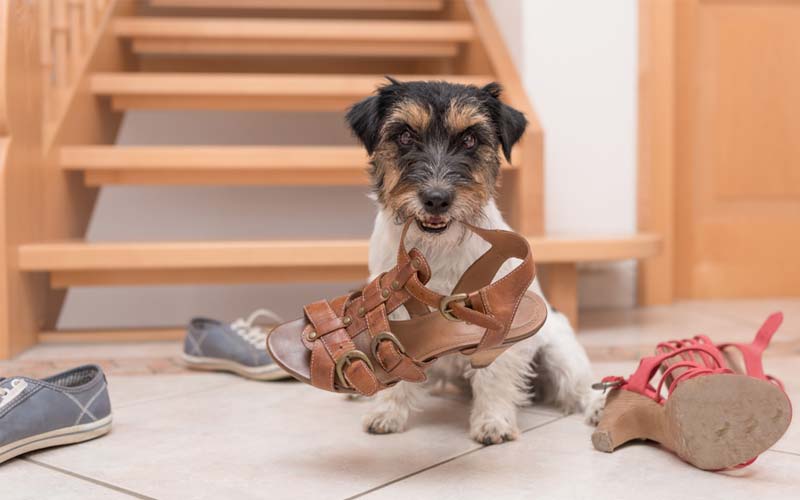Bad dog behaviors can be frustrating and challenging for any pet owner. However, with the right approach and consistent training, these behaviors can be corrected. Here are 14 effective ways to stop bad dog behaviors and foster a well-behaved canine companion.

1. Understand the Root Cause
Before addressing bad behaviors, it’s essential to understand why your dog is acting out. Common causes include boredom, anxiety, lack of exercise, or insufficient training.
2. Consistent Training
Consistency is key in dog training. Ensure all family members use the same commands and reward systems to avoid confusing your dog.
3. Positive Reinforcement
Reward good behavior with treats, praise, or playtime. Positive reinforcement encourages your dog to repeat desirable actions.
4. Regular Exercise
A tired dog is a well-behaved dog. Ensure your dog gets plenty of physical and mental exercise to burn off excess energy that might otherwise be directed toward bad behaviors.
5. Obedience Classes
Enrolling your dog in obedience classes can provide professional guidance and socialization opportunities, which can help reduce bad behaviors.
6. Crate Training
Crate training can be an effective way to manage your dog’s behavior when you’re not at home. It provides a safe space and prevents destructive actions.

7. Avoid Punishment
Punishing your dog can create fear and anxiety, leading to more bad behavior. Instead, focus on positive reinforcement and redirection.
8. Interactive Toys
Provide interactive toys to keep your dog mentally stimulated. Toys that dispense treats or require problem-solving can reduce boredom-related behaviors.
9. Establish a Routine
Dogs thrive on routine. Establishing a consistent daily schedule for feeding, walking, and playtime can help reduce anxiety and unwanted behaviors.
10. Socialization
Proper socialization with other dogs and people can reduce fear-based behaviors. Gradually introduce your dog to new experiences in a controlled manner.
11. Address Separation Anxiety
If your dog exhibits bad behavior when left alone, it might be due to separation anxiety. Gradual desensitization and providing comforting items can help alleviate this issue.
12. Proper Diet
A balanced diet is crucial for your dog’s overall health and behavior. Consult your veterinarian to ensure your dog is getting the right nutrients.
13. Regular Vet Visits
Regular check-ups can identify underlying health issues that might be contributing to bad behavior. Your vet can provide valuable advice and support.
14. Professional Help
If bad behaviors persist despite your efforts, consider seeking help from a professional dog trainer or behaviorist. They can provide customized solutions tailored to your dog’s needs.

By implementing these strategies, you can effectively address and stop bad dog behaviors, creating a happier and healthier environment for both you and your furry friend.